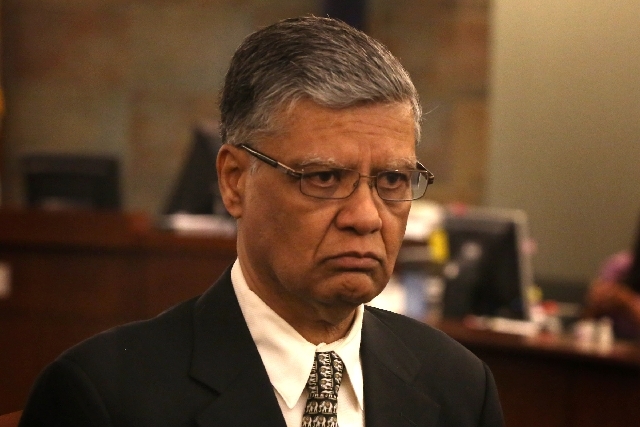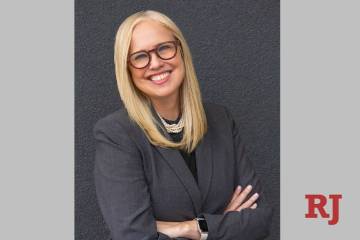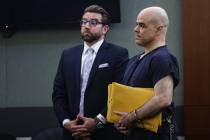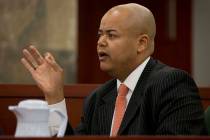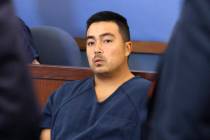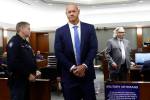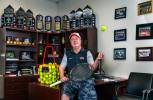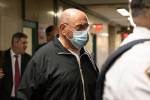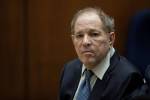Doctor describes ex-boss Desai as stingy
Dr. Clifford Carrol described his one-time boss Thursday as not only a stingy doctor who constantly fretted over costs, but one who turned a blind eye on fraudulent medical forms that resulted in higher insurance bills and, therefore, higher reimbursements for endoscopy clinics.
Carrol said Dr. Dipak Desai would make off-the-cuff remarks about the frequency in which he changed his gowns after upper endoscopy procedures and colonoscopies.
“He’d say, ‘Every time you throw one of those away you’re costing me $5,’” said Carrol, a physician who worked with Desai between 1997 and 2008, when his clinics were shut down by the federal government following the hepatitis C outbreak six years ago.
Desai, 63, and co-defender, nurse anesthetist Ronald Lakeman, 65 face more than two dozen charges including second-degree murder, criminal neglect of patients, theft and insurance fraud.
Carrol signed an immunity agreement in 2008 and is testifying against Desai and Lakeman.
The gastroenterologist was expected to testify all day Thursday.
During the morning session before District Judge Valerie Adair, Carrol acknowledged that Desai’s cost-cutting measures and his insistence on filtering 75 to 80 patients through one clinic per day was of great concern.
But his first real inkling that something illegal might be occurring at the clinic was when he was embroiled in a medical malpractice lawsuit of his own in 2005 and received notice about inaccurate anesthesia billing that took place during his procedure.
He quizzed Desai about why the attorneys were so interested in the anesthesia sheets, to which Desai responded, “There is no billing fraud,” Carrol testified.
Carrol said he began watching the nurse anesthetists more closely and noticed that one had scribbled down the starting and ending time for the anesthesia process before the patient was injected. He testified that the chart said 31 minutes, which was longer than the patient would be under.
“Before he even did the procedure, this was already filled out,” Carrol said. “The end time has to be the end time. It just has to be. It’s a big deal. The end time of the procedures is not correct; it’s not truthful.”
After the Center for Disease Control raided the clinics in 2007, Carrol went back and examined all the anesthesia sheets for each patient, including those who were not his own. The time was always more than 30 minutes.
He said the reimbursement costs paid by insurance companies went into a special account from which Desai would cut bonus checks to Carrol and other physicians at the practice.
Desai told him that the time was standard practice at the smaller clinic prior to expansion and the habit simply had carried over to the larger facility.
Carrol said he tried to improve the treatment of both patients and clinic staff after Desai suffered a stroke in October 2007 and relinquished control of the Shadow Lane facility.
Carrol immediately changed policies, telling staff members to stagger patient appointments to reduce the waiting time and limit the number of patients to be treated to 60 per day.
“It was a good move,” Carrol testified. “Patients were happier because the waiting room was less crowded; staff was less stressed.”
Although Desai said he would not return to the clinic for six months as he recovered, he came back two weeks later and was displeased with the adjustments, Carrol said.
He said the number of patients processed through the clinic again began to creep up.
Carrol had difficulty recalling time frames during his testimony, changing his story about when Desai returned to the clinic and when he started performing endoscopies again. He frequently had to refer back to transcripts of his grand jury testimony.
The prosecution wrapped up its questioning Thursday morning. Cross-examination was expected to begin at 1:20 p.m.
This is a developing story. Check back for updates.



